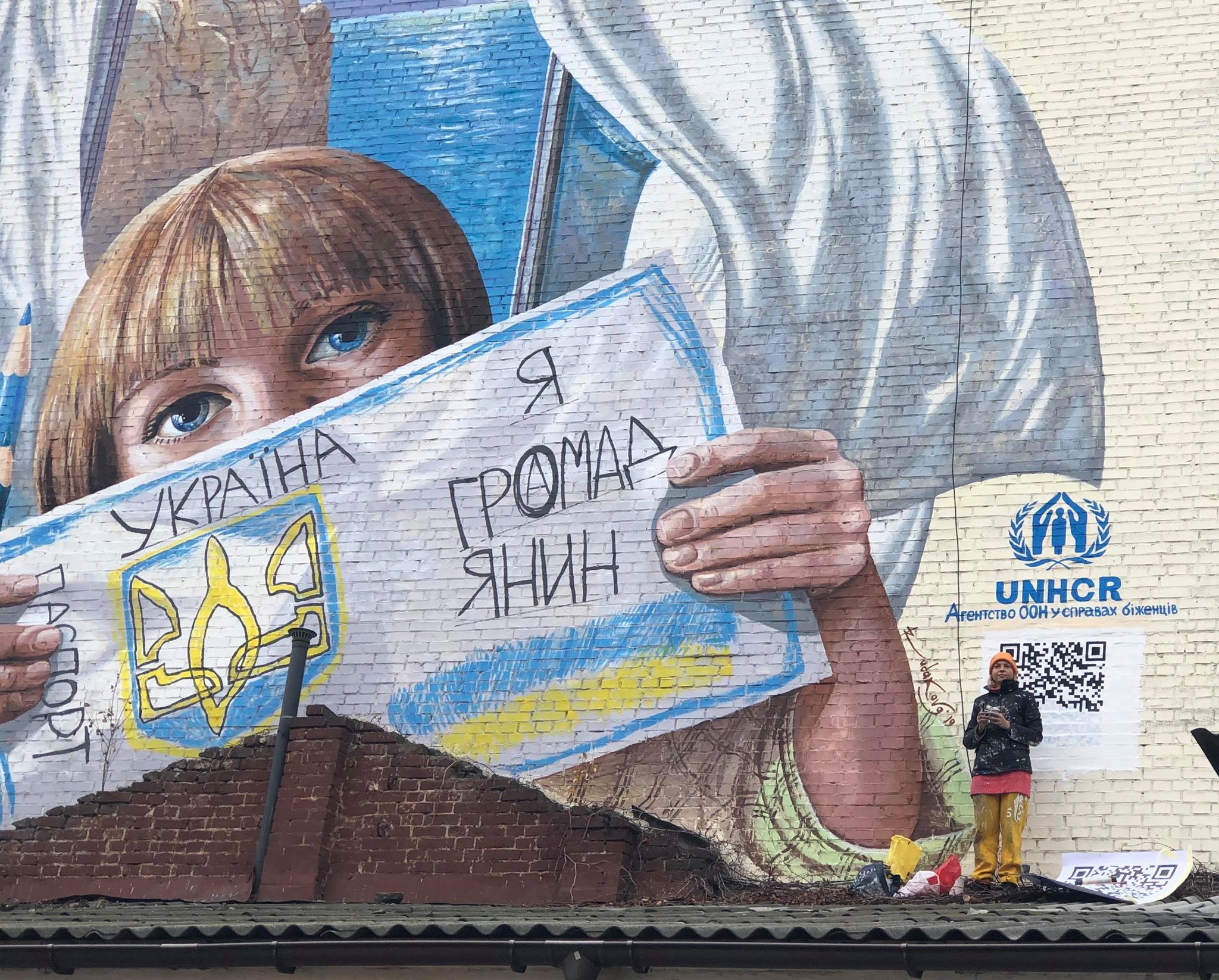The last reliable data about the scope of statelessness in Ukraine dates back to the 2001 population census, when 82,550 persons were declared stateless. The majority were located in the Autonomous Republic of Crimea, Odesa, Donetsk, and Dnipropetrovsk regions. The next census is due in 2020. As of 2019, UNHCR estimates that there are more than 35,600 stateless persons and persons at risk of statelessness in Ukraine. As of 30.06.19, only 5,049 stateless persons have a residence permit.
Most persons at risk of statelessness are identified by UNHCR partners as members of the Roma minority, children born in the non-government controlled areas of Donetsk and Luhansk regions (approximately 49,649 as of December 2018), homeless persons, older people holding Soviet passports (particularly in rural areas), and persons imprisoned or released without any identity documents. In addition, there are those who arrived in Ukraine from other former Soviet republics after the collapse of the USSR who do not hold any nationality due to conflicting nationality laws or gaps in nationality legislation.
In Zakarpattia region, Roma are the fifth largest national minority, comprising of some 80,000 persons (one third of the Roma population of Ukraine) residing in 78 settlements. Around 10 per cent of them do not have passports or birth certificates.
In 2013, Ukraine acceded to the 1954 UN Convention relating to the Status of Stateless Persons and to the 1961 UN Convention on the Reduction of Statelessness. Nevertheless, Ukraine has not yet established a functioning statelessness determination procedure in order to identify and grant full protection to stateless persons on its territory.
Between June 2017 and 31 October 2019, UNHCR and its NGO partners implemented projects on the elimination of statelessness providing legal assistance to 2,131 stateless persons or persons at risk of statelessness in Donetsk, Kharkiv, Kyiv, Odesa, Zakarpatska and Luhansk regions. Those assisted received information related to establishing identity, acquisition or confirmation of nationality, and some were issued passports or acquired Ukrainian nationality. During the 29 months of project implementation, 326 beneficiaries received passports (including 36 passports of others countries); 105 persons received birth certificates; 350 people received duplicates of birth certificates due to their loss.
Read more in the Statelessness Update: Statelessness Update – September 2019

#IBelong Campaign
You can sign our open letter to end statelessness by 2024 and become part of the global movement to end this injustice.
The #IBelong Campaign was launched in November 2014. Together with States, civil society and other UN Agencies, we aim to end statelessness by 2024 by resolving existing statelessness, preventing new cases from emerging and better identifying and protecting stateless populations.
The campaign is effectively mobilizing governments and civil society.

